Bangkok Currency Exchange Tips: Get the Best Rates for Your Money
Find tips on Bangkok currency exchange to get the best rates for your money while visiting the city.
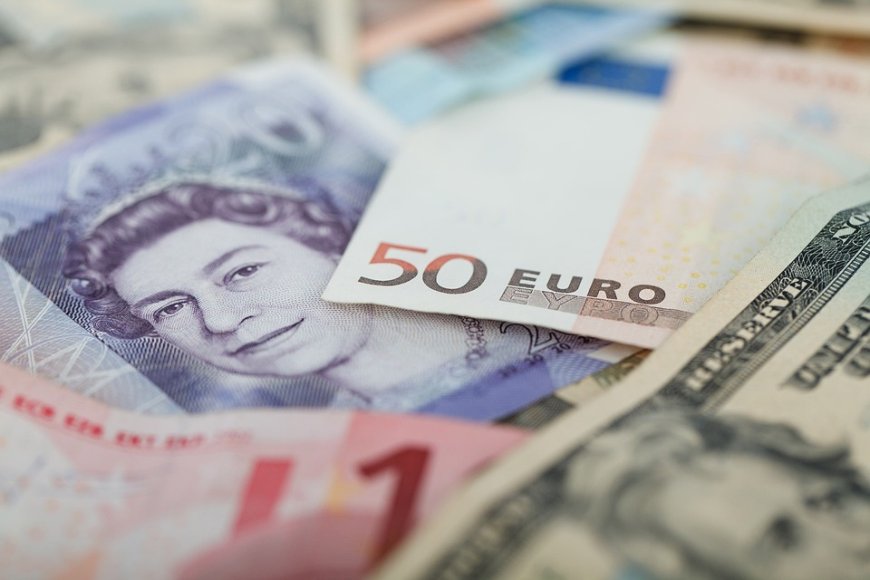
Bangkok is the capital of Thailand, bustling with ancient traditions alongside modernity. Changing money while traveling to Thailand is relatively easy because most of the Bangkok currency exchange options are available in most airports, shopping malls, and bureaus, and the rates from ATMs are reasonable. Also, the city is known for its marvelous temples, such as Wat Arun and Wat Phra Kaew; intense markets, like Chatuchak; and its shopping-from high-class malls to simple street vendors. In Bangkok, evening activities can also be quite dynamic, whether energetic nightclubs or a calm, quiet bar with a view from the rooftop of a skyscraper. Besides its crowded streets, the city also has public transportation that efficiently navigates the BTS Sky Train and MRT subway, making it fascinating with rich culture, food, and entertainment.
About the place
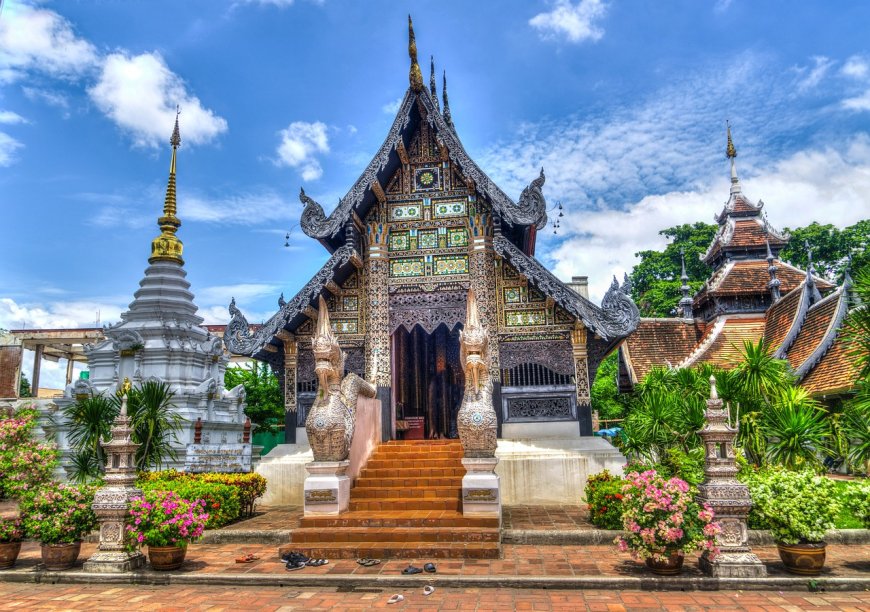
This city has it all. You’ll find breathtaking temples with beautiful, intricate designs that make you feel like you’ve stepped into another world. The street markets are a feast for the senses, full of vibrant colors and enticing aromas that pull you in to explore. For a taste of modern life, check out the shopping malls where you can find anything from the latest fashion to unique gadgets. And when night falls, the city comes to life with a nightlife scene. Whether you’re wandering through ancient sites or enjoying a night out, this city always has something exciting to offer.
-
Bangkok Currency Exchange: While traveling in Bangkok, managing money needs to be very effective. The country's local currency is the Thai Baht, abbreviated as THB. The facility of exchanging currency is available at every corner of the city, from airports and shopping areas to specially run bureaus. It is recommended that the rates be compared, and any service charges being applied must be kept on notice to have a good deal. ATMs also remain prevalent and often have competitive exchange rates.
-
Top Attractions: Bangkok boasts beautiful temples like Wat Arun and Wat Phra Kaew. A must-see is the Grand Palace, an incredible architectural marvel. A visit to the bustling markets in Bangkok, such as Chatuchak Weekend Market and the floating markets, gives a glimpse into the local life here. Shopping and dining also run from high-end malls like Siam Paragon through street markets to boutiques. Food ranges from very palatable Thai street food served on stalls to restaurants offering the most exquisite international cuisine. Nightlife and Entertainment: The nightlife is pulsating and varied—from full-on nightclubs, rooftop bars, classic Thai performances, and cultural shows. For places such as Khao San Road and Sukhumvit, these are the hottest nightlife spots in the city.
-
Getting Around: Transport in Bangkok is easy due to options such as the Skytrain, also known as BTS, the subway, MRT, regular and low-cost taxis, and three-wheeled tuk-tuks. The roads are jammed up with traffic, so public transport and rideshare apps can be convenient for getting around in this city.
-
Cultural Tips: Dress appropriately when visiting temples and show respect for the local culture. Thai people are amiable and respectful, making this a great city that any tourist will feel at home.
How to get the Best Exchange Rate?
Getting the best exchange rate for your currency can be tough sometimes. However, there are some tips and tricks that will ensure that you get the best exchange rate!
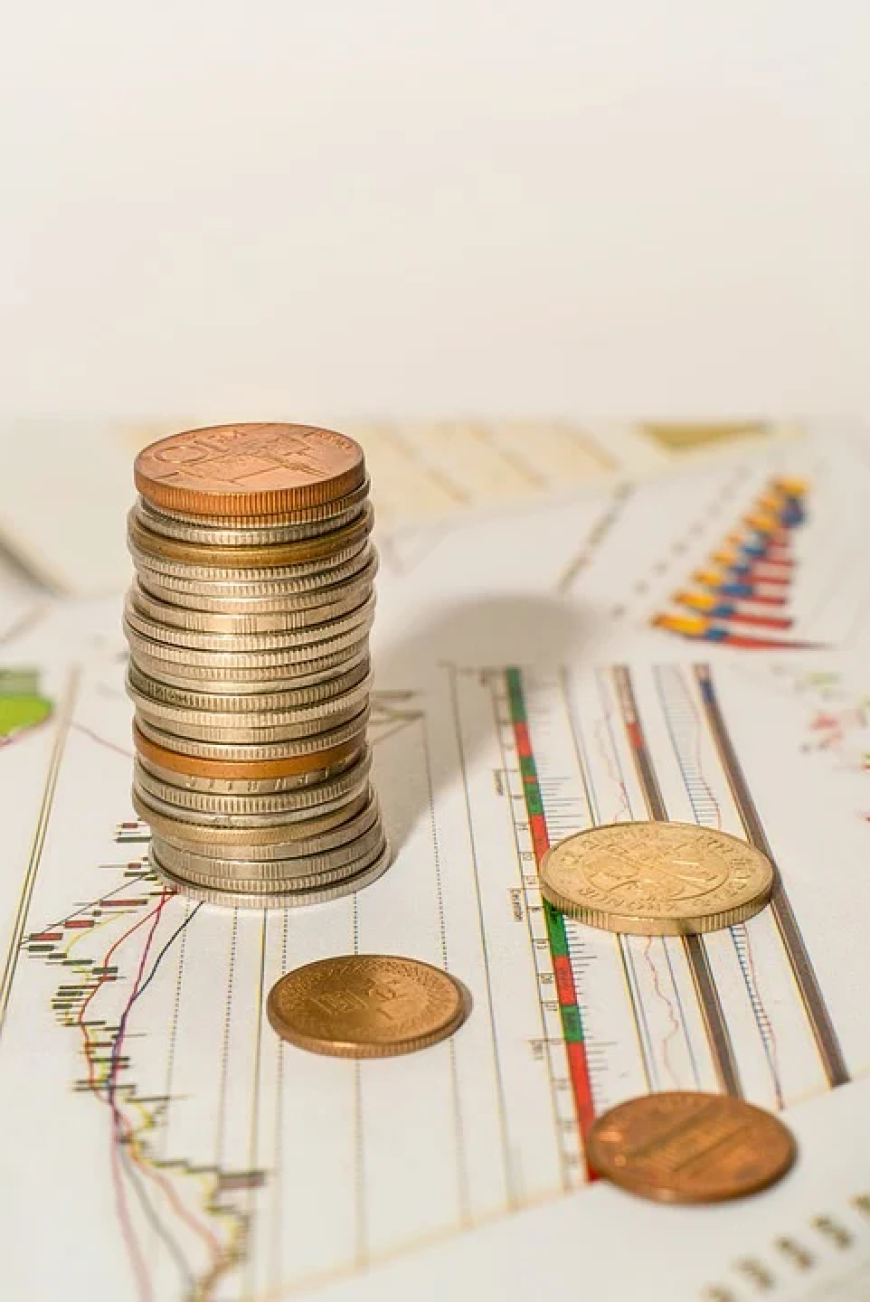
1. Understanding the Currency: Thai Baht (THB) The Thai Baht is the official currency of Thailand, and the denominations include 20, 50, 100, 500, and 1,000 baht notes and 1, 2, 5, and 10 baht coins. Keeping these denominations in mind will save you a lot of hassle at the exchange counter. Always double-check the bills you are getting to ensure they are correct and in good condition. Worn-out bills might prove challenging to use, especially in rural areas.
2. Try to avoid currency exchange at the airport: For convenience, sure, but airport currency exchanges are generally the most costly. With airports everywhere, including Bangkok's Suvarnabhumi and Don Mueang, commanding some of the worst exchange rates due to hefty overheads and captive market pricing, many airport currency counters offer rates that might be well below what one would find in town, sometimes with hefty fees tacked on. Just change the bare minimum for airport transportation or buy a bottle of water, and save the rest for when you get to the city.
3. Use City Exchange Counters: You will find Bangkok currency exchange counters everywhere, from local banks to private exchange services. Generally speaking, private exchange booths give better rates than banks since they have lower overhead and are more competitive. Watch for exchange counters operated by companies like SuperRich, those with green and orange branches, such as Vasu Exchange or SIA Money Exchange. These counters have been popular with tourists for their attractive rates and transparency since rates are usually decorated on large boards. SuperRich has the best rates in town, plus several branches around the city, both at tourist hot spots and major shopping areas. They are reputable, reliable, and easy to find. Vasu Exchange on Sukhumvit is equally well-regarded for its generally reasonable rates and central location.
4. Compare Rates Before Exchanging: One of the key ways to get the best rate includes comparing rates among exchange providers. Most popular exchange counters allow a website or mobile to check their current rates in real time. You can compare the best rates using Wise, Revolut, or XE Currency applications. While comparing rates, remember that some provide a buying rate, and others provide a selling rate. You are a tourist, and you want to know the "selling rate," the quantity of local currency you will get for your foreign currency exchange. Make sure you look for counters with minimal differences between buying and selling rates so that you know you're getting a decent deal.
5. Try not to make large withdrawals through ATMs: You'll find ATMs everywhere in Bangkok, and they primarily work reliably for Bangkok currency exchange; however, they tend to have very high fees for foreign cards. Most charge a 220 THB fee per transaction—about $6-7 USD—on top of your home bank's fees. Additionally, ATMs offer exchange rates that are not as good as those provided by the dedicated exchange counters. If you need to use an ATM, it's better to withdraw larger amounts at once to minimize the impact of flat fees. Also, ATMs should be found on the premises of major banks, like Bangkok Bank, Kasikorn Bank, or Siam Commercial Bank, because they are likely to have clearer fee structures when dealing with them.
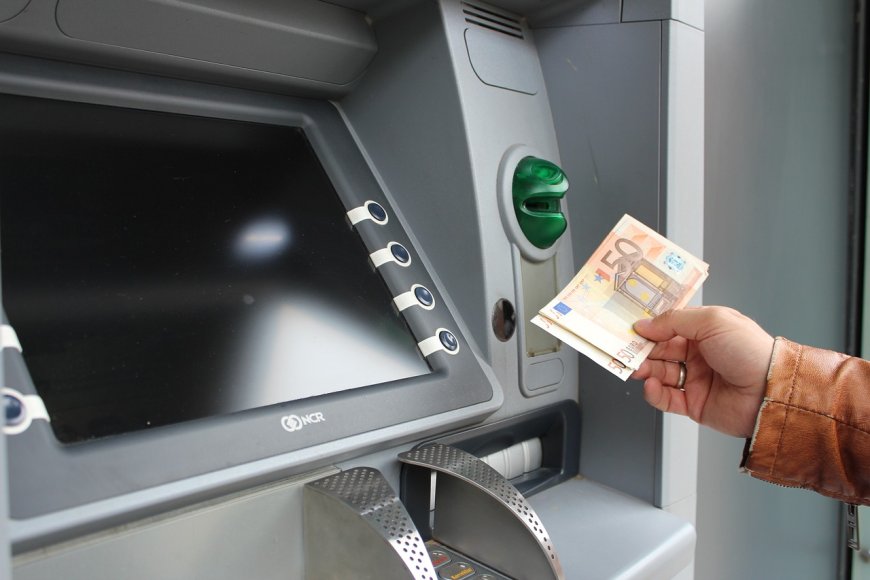
6. Beware of DCC: When paying by credit or debit card in Bangkok, you will often be offered the option to charge your card in your home currency rather than in Thai Baht. This process is called Dynamic Currency Conversion, or DCC. Although it may be a convenient option, you will usually receive a far worse exchange rate and may also be subject to other concealed charges. Always pay in local Thai Baht when putting it on your card; your bank will then handle the conversion on its own—usually at a better rate. Some merchants or ATMs might try to force DCC on you; this means you need to be very aware of this and make sure to state your preference clearly.
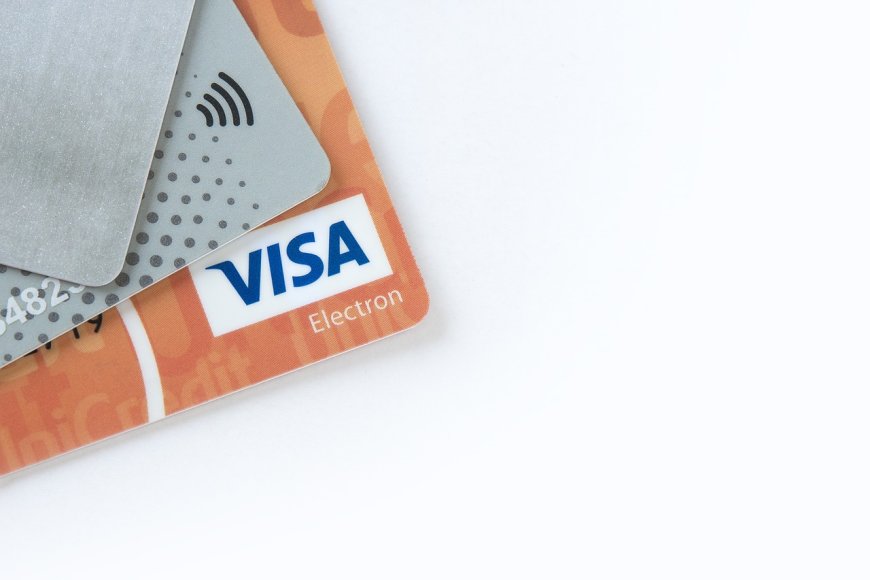
7. Bring crisp, undamaged bills: If you are bringing cash to exchange, make those bills crisp, clean, and undamaged. Most of the exchange counters for Bangkok currency exchange are quite finicky about the quality of foreign currency, especially the more reputable ones. Bills that are torn, worn, or have any marks on them may be rejected or exchanged at a lower rate. It is even more true for the bigger denominations, like $100 bills, which tend to get better rates but only if they are really in good condition.
8. Try to avoid tourist area exchange counters: While this may be tempting—wanting to exchange money at counters on Khao San Road or Chatuchak Market, for instance—the rates will always be worse than those given by other areas with a greater density of business districts and fewer tourists. The tourist areas tend to have inflated rates because of higher demand and less competition. Go to exchange counters at Silom, Sukhumvit, or Pratunam for better rates. Sure, it may be across the road or a five-minute tuk-tuk drive from your hotel, but hey, it could save you a pretty penny.
9. Consider Using a Multi-Currency Travel Card Card: Cards like those from Revolut, Wise, or other international providers can be a good way to manage your spending without all the hassle of constantly exchanging cash. These cards are more often than not equipped with near-market exchange rates and far lower fees than traditional banks. You can load the card with your home currency and convert it to Thai Baht through the app when the rate looks favorable. These cards have an added advantage in terms of security as they are not directly connected to your bank account, and thus, in case of loss or theft, freezing is pretty easy. But do look out for the hidden fees concerning loading and money conversion.
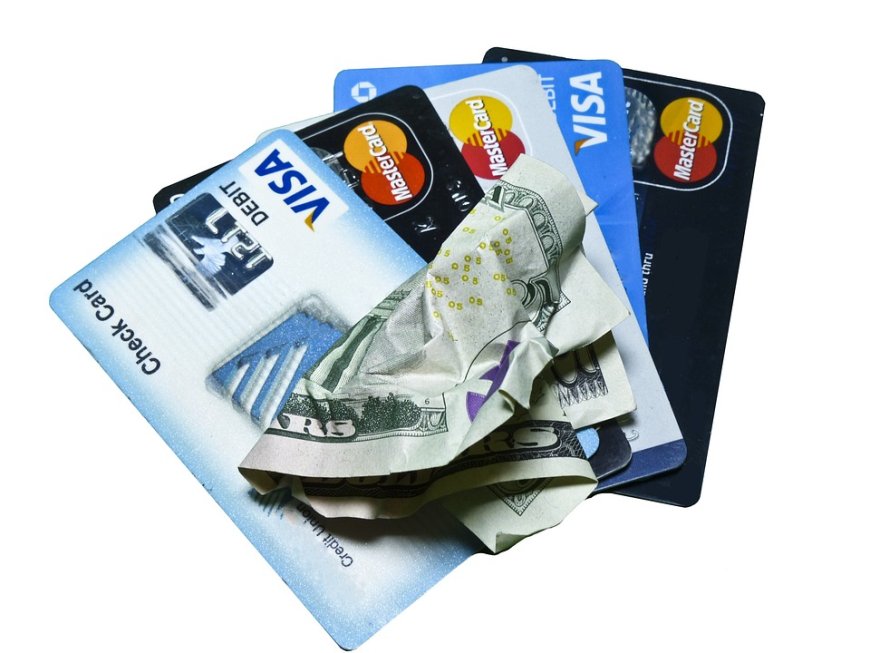
10. Time Your Exchange Wisely: Currency conversion rates may change at any moment of the day, given how market dynamics go. While one can never know with complete certainty, it usually means that exchanging money on a weekday is more advisable because the money markets are open. Try not to change big money on weekends or public holidays when rates are less adequate due to lower activity in the markets. Extra attentiveness to international financial news and trends can also help in ascertaining the times for larger exchanges. If, at this time, your home currency is strong against the Thai Baht, that might be the time to do bigger conversions.
11. Keep Small Change for Local Transactions: When changing your money, ensure you have some small notes and coins handy. Taxis, street food sellers, and some shops are partial to cash; most of the time, they might not have any change for a larger denomination banknote. It's also good for giving tips and paying for little things such as snacks or water.
Conclusion
Currency exchange in Bangkok does not need to be dauntingly out of proportion. You can save a fair amount of money on conversion fees by avoiding the airports, comparing the rates, and selecting the right counters to exchange your money, thus allowing you to have more money to enjoy all that this vibrant city has in store for you. Follow these tips, and you will be all set to grab the best rates for your buck, hence making your Bangkok adventure even more fruitful. Safe travels, and happy exchange!
Frequently Asked Questions
1. Where can you get the best rates of currency exchange in Bangkok?
The best rates are usually found at private exchange counters like SuperRich, Vasu Exchange, and SIA Money Exchange.
2. Should you exchange money at Bangkok's airport?
No, airport exchange counters have the lowest rates; exchange only a small amount and go for city counters for better deals.
3. What should you avoid when using ATMs in Bangkok?
Avoid DCC at all costs and choose the option to pay in Thai Baht because of the not-so-good rates and additional fees that come with it.
What's Your Reaction?
























